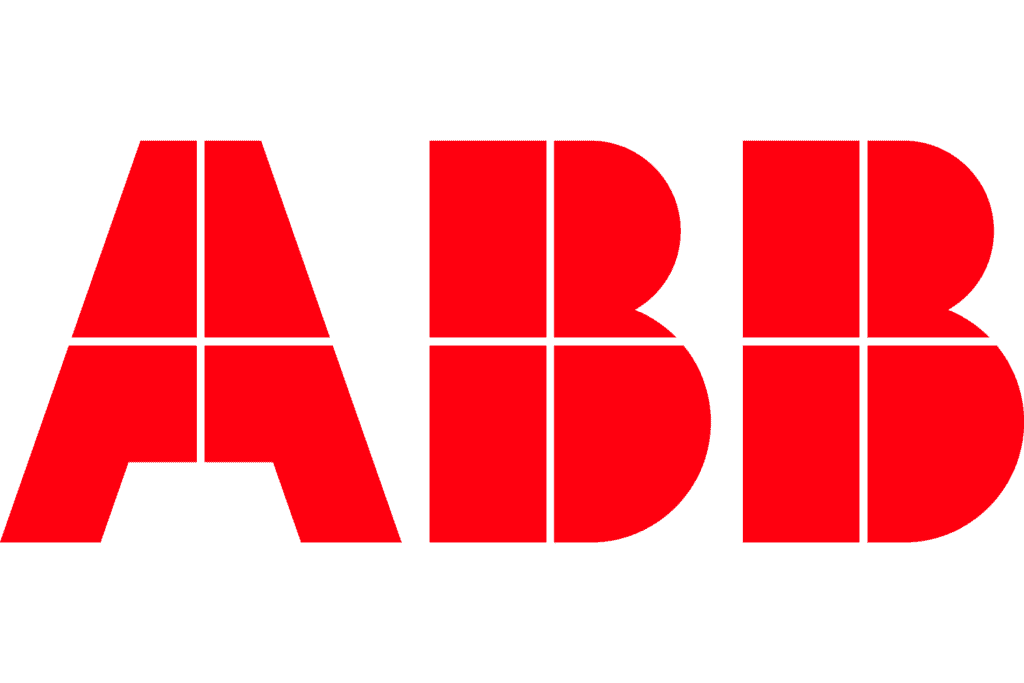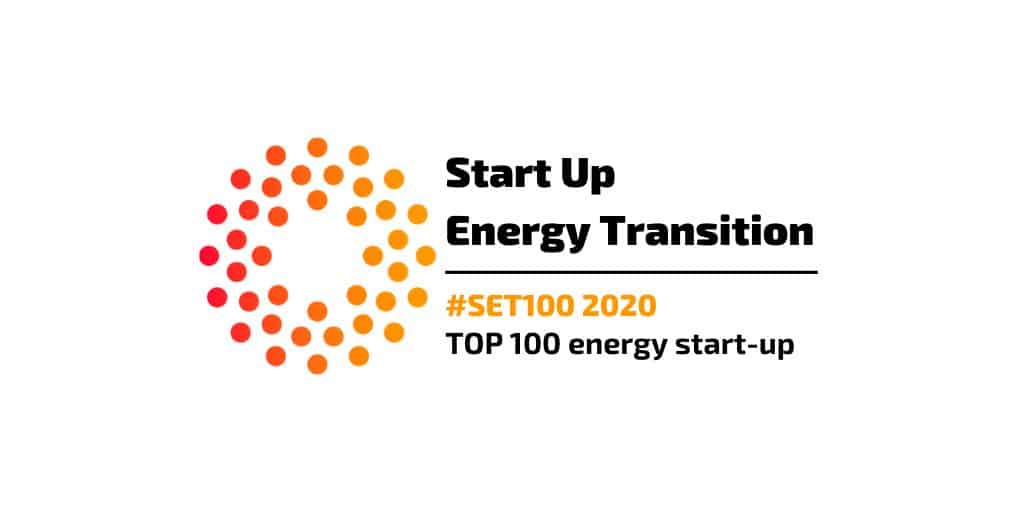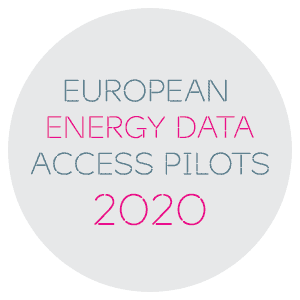14.04.2022
In the latest edition of our ‘Meet the re.alto Team’ series, we caught up with Joeri Siborgs, Deputy CEO, to discuss his ambitions for the business and the wider industry.
Tell us a bit about your career to date?
Technology has always been very exciting to me. I started my digital career playing video games at a young age, although I wouldn’t have called it a career at the time. When I got a bit older and video games weren’t as satisfying anymore, I decided to learn to code and build my own games. After a few unsuccessful stints – building video games is hard – I built and maintained a website for my then primary school with a friend. This was early 2000 and HTML, PHP and FTP were the talk of the town – at least in my world.
My interest in technology never waned – in fact, it only kept growing. Engineering seemed the only logical choice when I went to university, and it was there and then that the energy transition got my attention. I understood that our economy wouldn’t be able to grow with existing energy sources without harming our planet. Having spent a lot of time in forests, on mountains and underwater, I knew I wanted to help preserve the gift that is our natural environment, with as little impact on progress as possible. I was so passionate about it that I promptly started my own business in energy certification to reduce household energy consumption during my studies.
After graduation, I wanted to scale up my contribution. One house at a time was not fast enough to have any impact. It seemed only natural to take up a position with Elia, the Belgian Electricity Transmission System Operator. Elia had – and still has – a proven track record of being a leader in the energy transition. I started in Innovation working on new technologies, moved on to corporate strategy to help shape Elia’s ambitious plan for the energy transition and finished with some ‘boots on the ground’ experience in the maintenance of high voltage installations.
You joined re.alto relatively recently, what inspired you to work at an energy data start-up?
I joined re.alto roughly one year ago, but I was no stranger to re.alto. I was there when Elia decided to create this new group entity, and its purpose and mission resonated with me from the start. I strongly believe that the convergence of Energy and Digital will make or break the energy transition for the simple reason that users will want integrated solutions that give a seamless experience. When my solar panels produce electricity, I will want my car to start charging automatically. I will not run outside to plug and unplug the car every time the sun starts to shine or stops shining. That is where digital technology will make all the difference. For me personally, it has also been the joining of two fields I love – Energy and Digital – in one mission to save the planet.
What are you currently working on?
There is another convergence happening as we speak. In recent years, it became abundantly clear that the only way to reach our climate targets is by electrifying heating and transport and producing that electricity in a renewable way with wind and solar. Electrification is not only a challenge for the electricity system, it also holds great opportunities. Electrical vehicles, in particular, are the solution to the intermittency problem that renewable energy poses. However, the mobility sector and the energy sector are not very familiar with one another, and we have embarked on a quest to marry these giants.
Can you tell us a bit more about what you do with electrical vehicles?
Every electrical vehicle is constantly connected to the internet through a telematics module. This is because all vehicles today come shipped with a standard emergency button that needs this connection. Through this telematics module, we can gather other in-vehicle data as well, like state of charge of the battery, kilometers driven, GPS location or charging history, given that the owner of the car consents to sharing this data. We access this data without the need for additional hardware and make it available in a standardized format in the cloud for direct ingestion. Our customers then use this data to perform a myriad of value-added services, like capacity tariff minimization, self-consumption maximization, vehicle and battery health monitoring, employee reimbursement, CAPEX reductions, Energy-as-a-Service offerings and general smart charging.
Can you tell us more about re.alto archetype customers?
The vehicle data that we are unlocking can create added value for many actors. Where we traditionally focused on electric utilities and energy service providers, we now find ourselves increasingly making deals with leasing companies, large employers, software platforms and anyone wanting to enter the ‘Energy-as-a-Service’ market. This is by and large due to the expansiveness of the data we have access to. Moving forward, it is my firm belief that we will find many more types of customers for this data and that this is the most reliable and cost-effective way of getting access to vehicle data in the long run.
Where do we go from here, what are your hopes for re.alto?
We will endeavor to keep closing key partnerships with OEM data providers and a myriad of data consumers, ever increasing our service offering to all. It is my hope and aspiration that when we look back 10 years from now, re.alto will have made all the difference in getting the energy transition back on track and will have allowed our planet to not only survive but to thrive once again.












